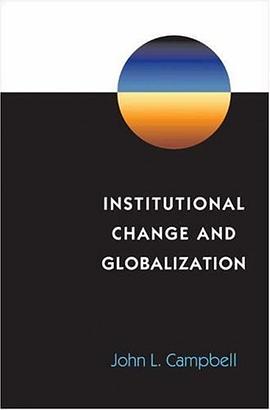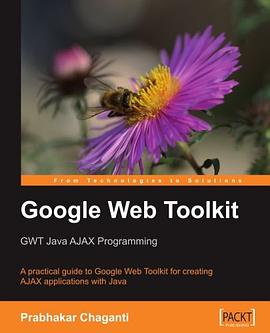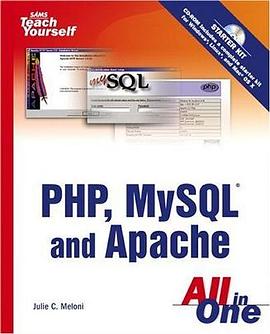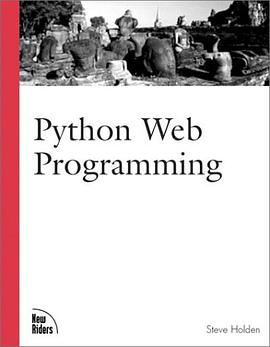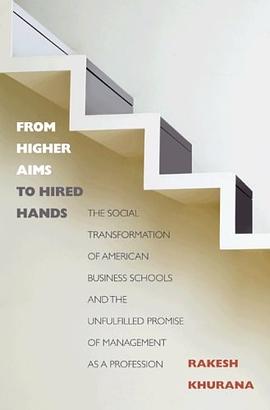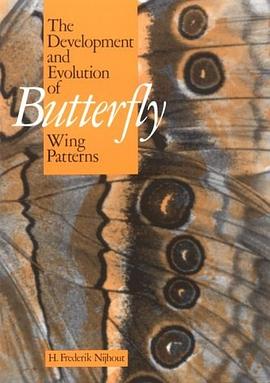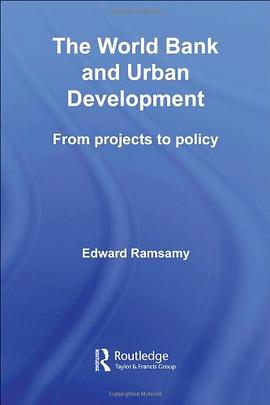

具体描述
As one of the world's most powerful supranational institutions, the World Bank has played an important role in international development discourse and practice since 1946. This is the first book-length history and analysis of the Bank's urban programs and their complex relationship to urban policy formulation in the developing world. Through extensive primary research, the book examines four major themes: the political and economic forces that propelled the reluctant World Bank to finally embrace urban programs in the 1970s; how the Bank fashioned its general ideology of development into specific urban projects; trends and transitions within the Bank's urban agenda from its inception to the present; and, the World Bank's historic and contemporary role in the complex interaction between global, national, and local forces that shape the urban agendas of developing countries. The book also examines how protests from NGOs and civic movements, in the context of globalization and neo-liberalism, have influenced the World Bank policies from the 1990s to the present. The institution's attempts to restructure and legitimate itself, in light of shifting geo-political and intellectual contexts, are considered throughout.
作者简介
目录信息
读后感
评分
评分
评分
评分
用户评价
这本书给我的感觉是相当厚重,它需要的不仅仅是快速浏览,而是沉下心来反复咀嚼。作者似乎带着一种历史学家的耐心,去追溯现代城市发展背后的权力结构是如何形成的。尤其是关于土地产权和城市边界扩张的章节,分析得极其透彻,揭示了资本是如何通过精妙的法律和金融工具,将城市空间转化为一种持续增值的资产,而这种增值过程往往是以牺牲弱势群体的居住权利为代价的。这种对权力运作的揭示,语气虽然克制,但其指向性非常明确,充满了对社会公平的追问。我发现自己常常需要停下来,对照着书中的历史时间线,思考自己所居住的城市是如何一步步走到今天的。书中对后殖民城市语境的关注也十分独到,它提醒我们,很多看似是“现代性”的特征,实则带着深刻的历史烙印。这本书的阅读体验是挑战性的,它强迫你跳出舒适区,去正视那些被主流话语所美化的发展叙事背后的阴影。
评分我对这本书的结构安排感到非常赞赏,它仿佛是一部精心设计的交响乐,不同的主题板块相互呼应,层层递进,最终汇聚成一个关于全球城市化挑战的宏大和弦。作者在论述过程中,极少陷入意识形态的窠臼,而是以一种近乎工程师般的务实态度,去剖析不同治理模式的优缺点。让我印象最深的是关于“绿色基础设施”的讨论,作者并没有盲目推崇最新的概念,而是对比了西方发达国家在引入这些概念时所遇到的文化和社会阻力,以及在不同发展阶段的国家中如何本土化应用这些理念。这种全球视野下的比较分析,极大地提升了本书的价值,它让你意识到,任何一种“最佳实践”都必须扎根于特定的历史土壤。全书对数据可视化和图表的运用也十分到位,那些复杂的指标变化被清晰地呈现出来,使得原本需要深厚背景知识才能理解的论点,变得直观易懂。这本书无疑是为那些希望在复杂多变的全球环境中寻找可持续发展路径的决策者和学者准备的,它提供的是一套分析工具,而不是一套僵硬的答案。
评分这本书的开篇就给我一种宏大叙事的史诗感。作者显然对全球城市化进程有着深刻的洞察,他并没有局限于对某一特定区域或某一具体项目的分析,而是试图构建一个理解现代城市变迁的理论框架。阅读过程中,我仿佛站在一个高空俯瞰全球各大都市的脉络,从基础设施的铺陈到社会结构的重塑,每一步都透露出一种必然性与复杂性交织的张力。特别是关于“增长的悖论”那一部分,作者巧妙地引用了历史案例,说明了高速扩张往往伴随着潜在的脆弱性,这种批判性的视角让原本枯燥的经济学讨论变得引人入胜。他没有提供简单的药方,而是层层剥开那些被光鲜亮丽的摩天大楼所掩盖的结构性问题,比如资源分配不均和城市治理的滞后。我尤其欣赏作者在行文间流露出的那种冷静的学人气质,论证严密,数据翔实,但又不失对人类居住环境未来走向的深切关怀。这本书不像是政策手册,更像是一部关于人类文明在特定空间形态下如何自我演进的编年史,读完后对“城市”这个概念有了全新的认识,不再仅仅是一个地理名词,而是一个充满活力的、时时处于动荡中的社会生态系统。
评分这部作品的独特之处在于其跨学科的融汇能力,它成功地将经济学、社会学、地理学甚至人类学的观察点熔铸一炉。我个人非常欣赏作者对于“城市身份”和“地方感”这些偏向人文社科的议题的处理方式,他没有将它们视为可有可无的软指标,而是视为影响城市长期稳定和活力的核心要素。书中通过一系列生动的城市故事,展示了文化遗产的保护与经济效率之间的微妙平衡,这比单纯讨论GDP增长或通勤时间等硬指标要深刻得多。我尤其喜欢它对“全球城市网络”中信息流和人才流动的分析,它揭示了在高度互联的时代,城市间的竞争已经不再是简单的地域对抗,而演变成一种知识和创新生态系统的较量。作者的文风在这几章显得尤为轻快和前瞻,充满了对未来可能性的展望,但这种展望是建立在对当前困境清醒认识基础上的,绝非空泛的乐观主义。读完此书,我感觉自己不仅对全球城市治理有了更系统的理解,也对如何在家乡的小环境中培育更有生命力的社区有了更具操作性的思考。
评分这本书的叙事节奏把握得极好,读起来有一种抽丝剥茧的快感。它没有采用那种堆砌专业术语的学术腔调,反而像是老派的田野调查报告与尖锐的社会评论的完美结合体。我特别留意了其中关于“边缘化聚落的韧性”的章节,作者深入到那些常常被主流发展规划所忽略的非正式住区,记录下那里居民自发形成的互助网络和适应策略。这种自下而上的视角,与传统的自上而下的宏观调控叙事形成了鲜明的对比,极大地丰富了我的理解维度。书中对各种微观案例的描绘,细致入微,充满了生活的气息,让我能真切感受到政策制定与普通民众日常生活之间的巨大鸿沟。例如,书中描述的某城市为应对洪水而修建的防洪堤,从工程学上看是成功的,但却彻底割裂了社区与河流的传统联系,这种“成功背后的失败”的探讨,极为深刻。全书的语言风格是那种充满批判精神的、带有一定文学性的散文笔调,读起来丝毫没有阅读负担,但其内核却坚实有力,足以挑战许多既有的发展范式。
评分 评分 评分 评分 评分相关图书
本站所有内容均为互联网搜索引擎提供的公开搜索信息,本站不存储任何数据与内容,任何内容与数据均与本站无关,如有需要请联系相关搜索引擎包括但不限于百度,google,bing,sogou 等
© 2026 book.wenda123.org All Rights Reserved. 图书目录大全 版权所有



